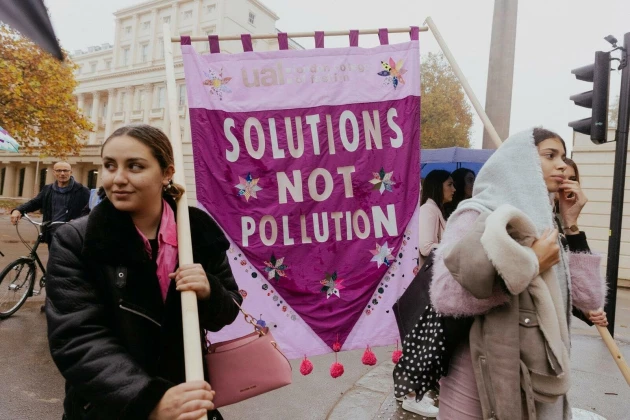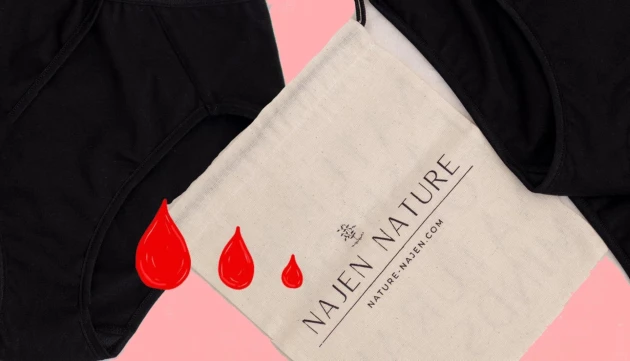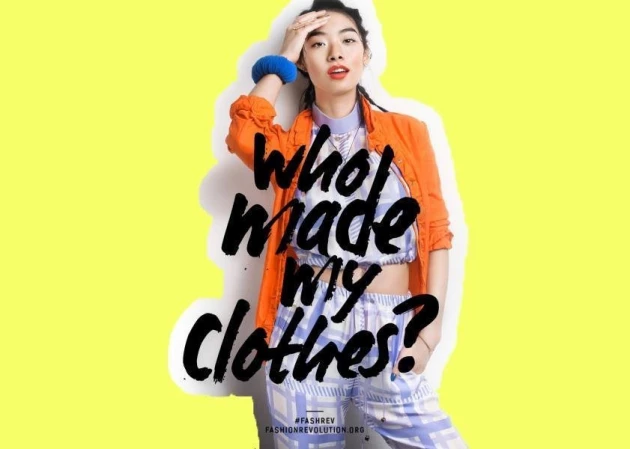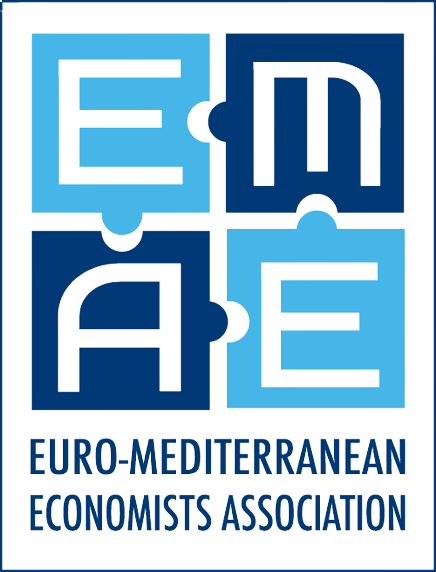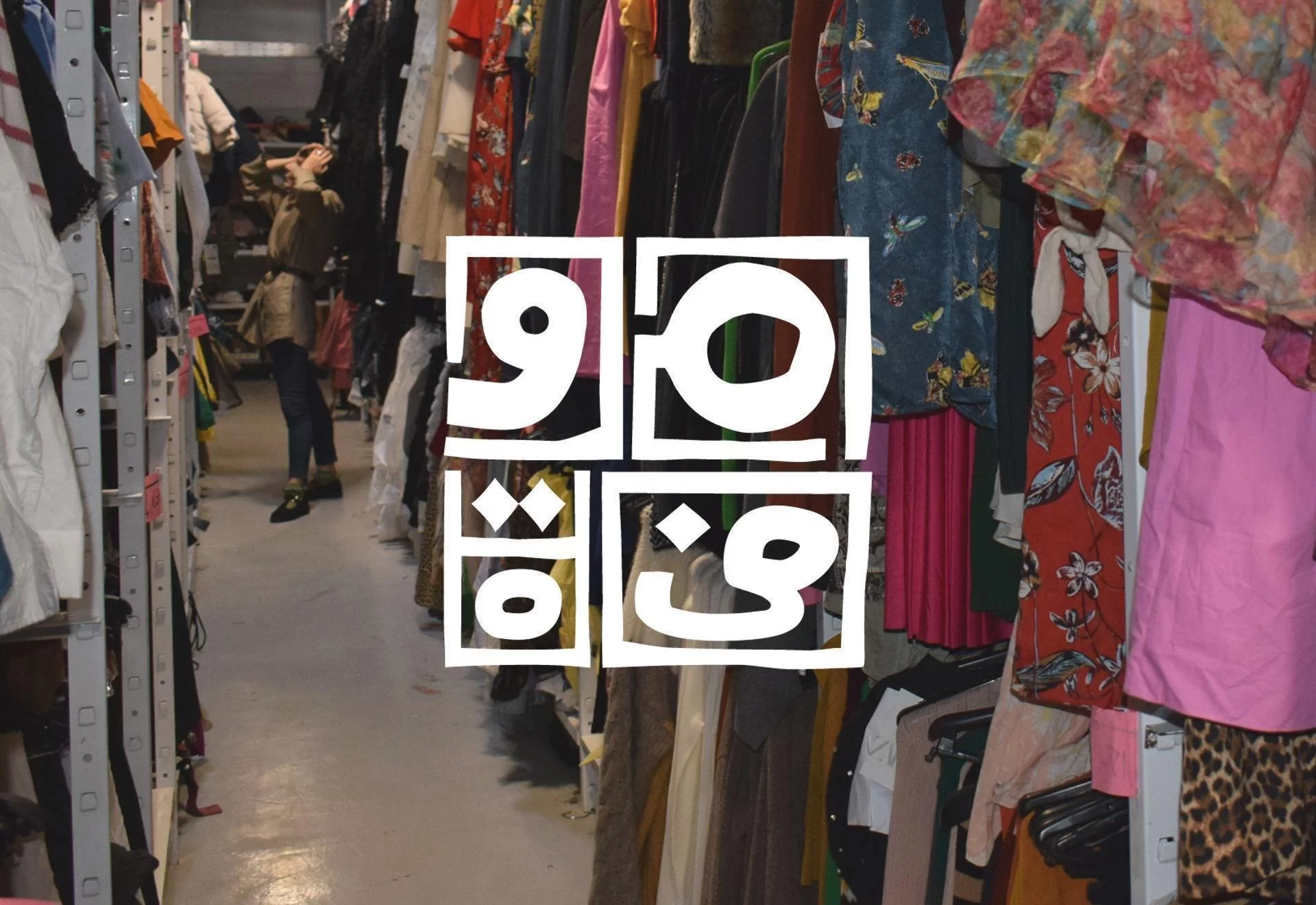
We celebrate the difference
Moodha Okhra : For an alternative Fashion
4 min read — Nov 21, 2020
Moodha Okhra is a project initiated by Goethe-Institut Tunesien and the NGO Pontalent. The title translates to “la mode autrement” in French and “alternative fashion” in English.
Along with its main partners: Convergence, Creative Tunisia, and the foundation INDIGO, Moodha Okhra launched in two successive phases.
Its first phase was aimed at a public that is interested in the subject of sustainable fashion and took the shape of a communication campaign with a focus on awareness raising and education on sustainability in fashion and the textile industry.
In its second phase, the program offered an accompanying program for sustainable fashion entrepreneurs and project leaders with the goal to help them develop a fashion collection through upcycling. This phase is supported by the Convergence fashion school, Creative Tunisia,Moodha Okhra lasts from October until December 2020 during which each candidate is asked to develop three finished, functional and aesthetic looks.
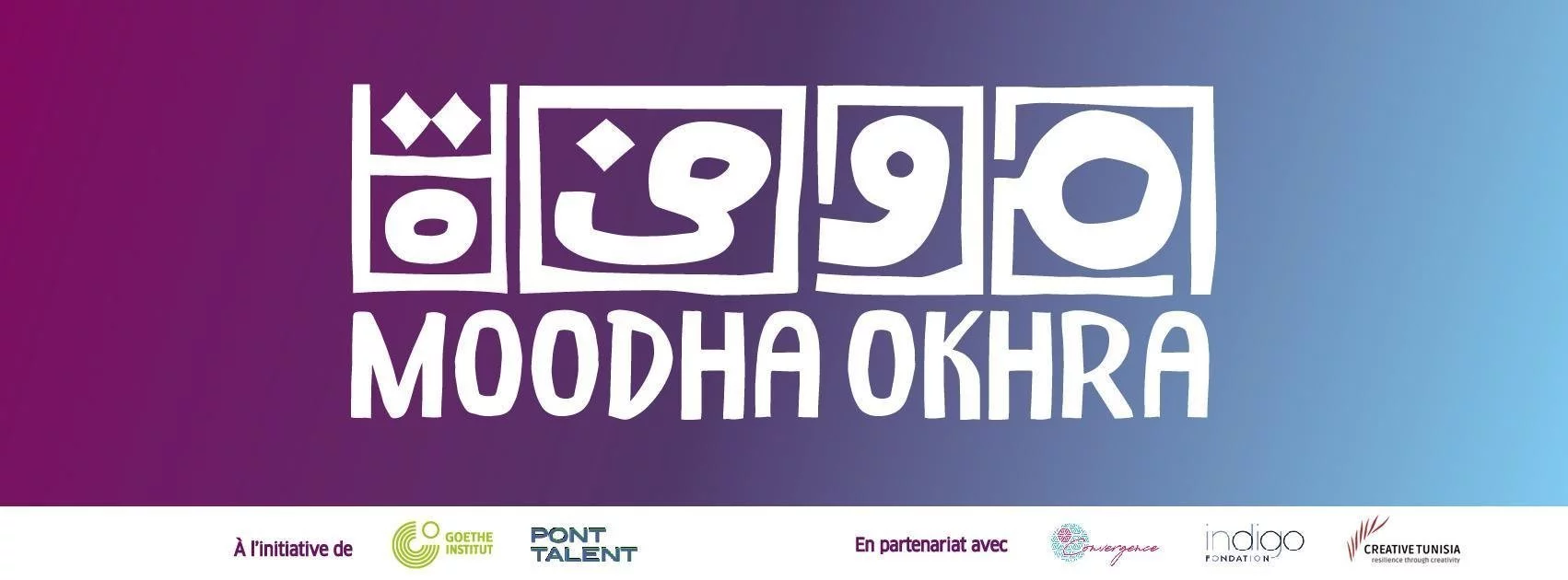
The Moodha Okhra program includes:
- Awareness-raising podcasts by invited experts, designers, and committed Tunisian and international entrepreneurs. The podcast is a series that aims to introduce a number of sustainable, responsible, and ethical initiatives in fashion and also offer useful information for everyone who wants to take part and create change in the fashion industry. During these discussions, alternatives are proposed which hope to foster a more equitable, sustainable, and healthy attitude towards fashion and our environment.
- Webinars on sustainable and responsible fashion for the general public.
- A support program specialized in clothing upcycling (in styling, model making, art direction...) dedicated to 6 young emerging designers (find the candidates of the 1st edition here) who wish to integrate a sustainable approach in the creative process and manufacturing of their collections:
1. Emna Bouaoun, fashion designer and founder of the upcycling brand “Bouaouna”
2. Imene Brahem, Doctor and fashion design student.
3. Jawaher Njim, architect and founder of ready to wear brand “édité”.
4. Léa Ginibre, autodidact and an activist in the artistic and creative industry.
5. Molka Lahdhiri, product design Student at Essted.
6. Rami Jaber, autodidact creator and fashion design student.
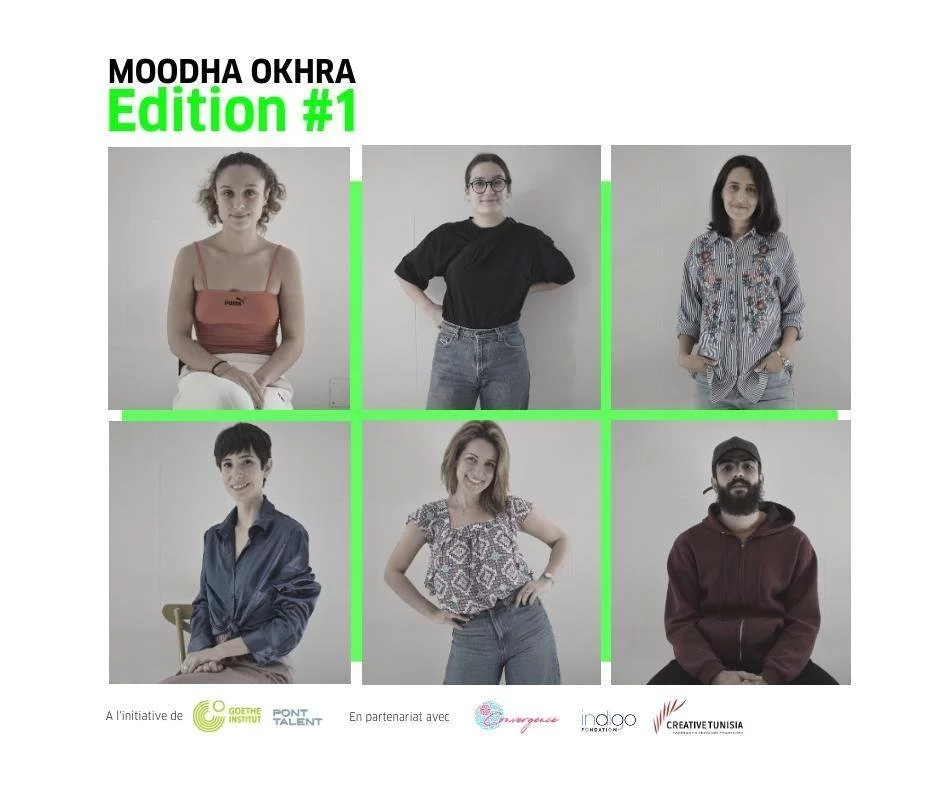
The second phase of the program of Moodha Okhra will offer:
- Fashion Styling assistance by Imen Darmanin
- An accompaniment in model making by Myriam Dinari and Mrs. Najah Rassas.
- Assistance in artistic direction by Salah Barka.
- Training in pricing, digital marketing etc
- An accompaniment during the assembly of the garment.
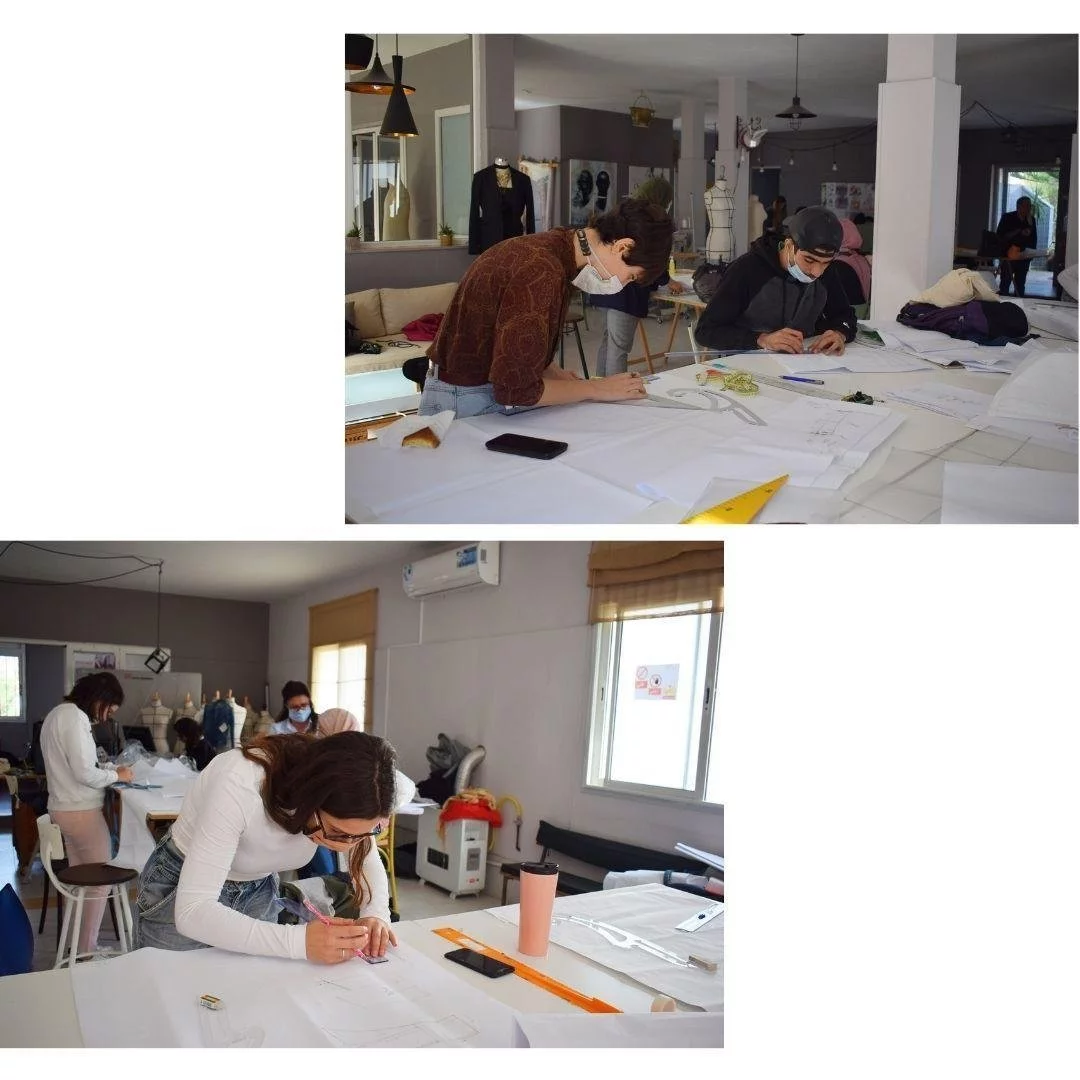
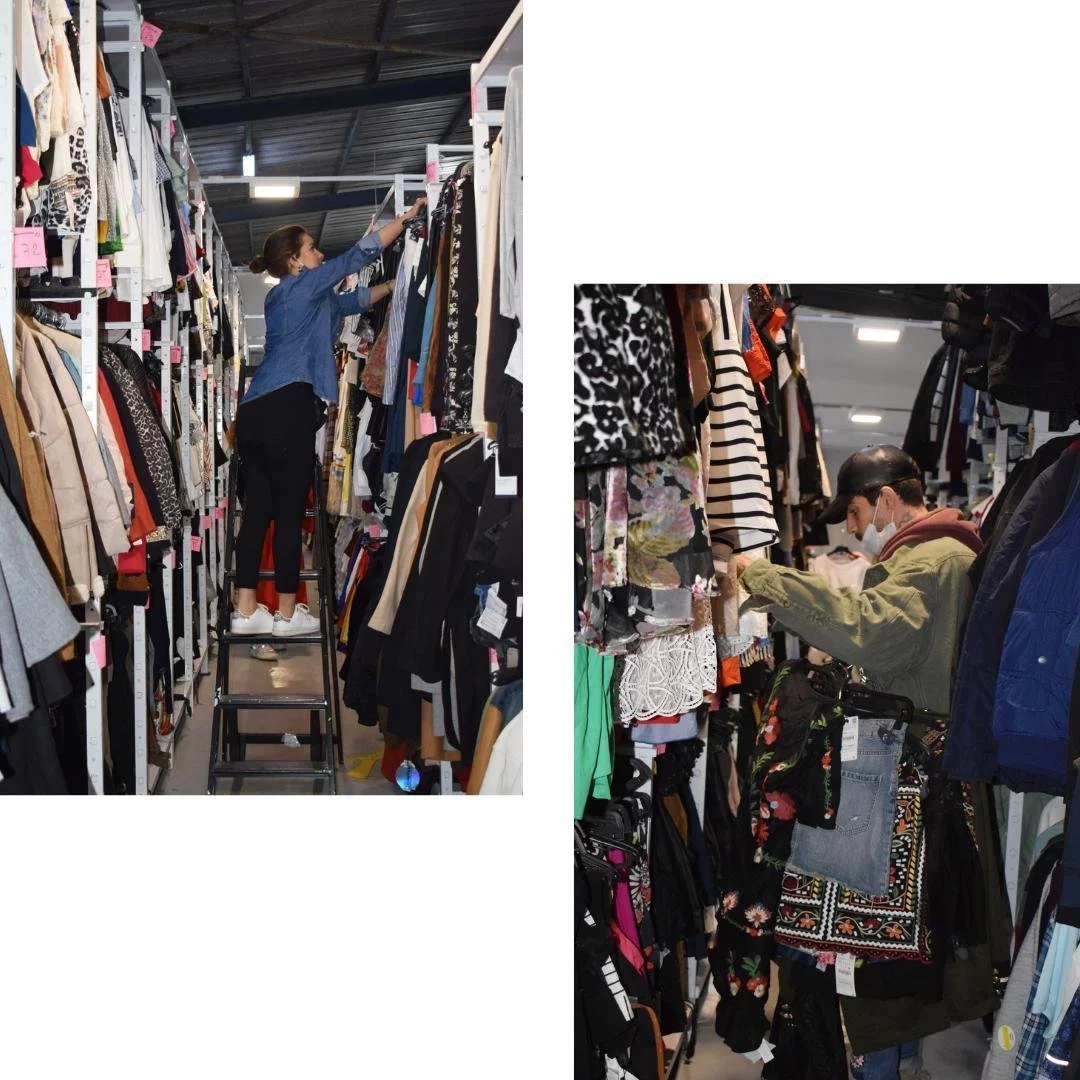
But now you are probably wondering, what is the purpose of such a program? And what is the point of sustainable fashion?
Fast fashion is defined as cheap trendy clothes that were inspired by the latest catwalks and celebrity culture produced urgently by mass-market retailers in order to satisfy customers’ demands.
It’s a key element in a toxic system of overproduction that has made fashion one of the most polluting industries worldwide.
And that’s where there was this urge to have more eco-friendly alternatives (such as slow fashion) and encouraged the emergence of an eco-responsible fashion that aims to reduce the waste of resources and take climate change into consideration.
This also implies working on quality over quantity and also favoring small and medium scale production as opposed to mass production.
Meanwhile, in Tunisia, we are still largely unaware of the environmental issues generated by fast fashion as well as its impact on our lives. The team behind Moodha Okhra believes that it is necessary to raise awareness about fast fashion in order to change our people's vision.
Due to the masses of unsold (but potentially reusable) clothing produced by the textile industry and the poor management of these surplus garments, Goethe-Institut Tunesien, and the Pontalent collective came together to implement an educational project in Tunisia, with an objective to raise awareness about this urgent issue.
The program is dedicated to Tunisian (future) activists, who would likely to trigger a sustainable and responsible fashion movement in Tunisia.
This initiative is also the result of previous collaborations and joint projects around upcycling and the circular economy, such as the Tunis-based events "Freep au Village des créateurs" and "RobbaVecchia".
The vision behind Moodha Okhra is also to create an engaged network of local artists, actors in the fashion industry and civil society activists to co-construct this project.
This network aims to raise awareness and federate an active community of designers, experts, and people committed to sustainable and ethical fashion.
Last but not least, we have a special announcement :
Maft MAG X MOODHA OKHRA
Committed to the cause and intrigued by the potential of the six candidates selected for this program, Maft Magazine collaborates with Moodha Okhra to provide maftable behind-the-scenes coverage. Through this synergy, Maft followers will follow and experience Moodha Okhra's workshops and activities through our social media pages.There will also be the opportunity to discover the participating designers in the program who are collectively preparing an upcycled collection.
Through Maft Mag, you will discover the step-by-step stages experienced by the designers, from their first sketch drawn and the deconstruction of unsold clothes to the realization of their upcycled collections.
Through the different stages proposed by the program experts and following the exchanges during the pre-jury, they will have to prove that it is possible to transform existing clothes in a short time to create new stylish, functional, and up-to-date pieces.
